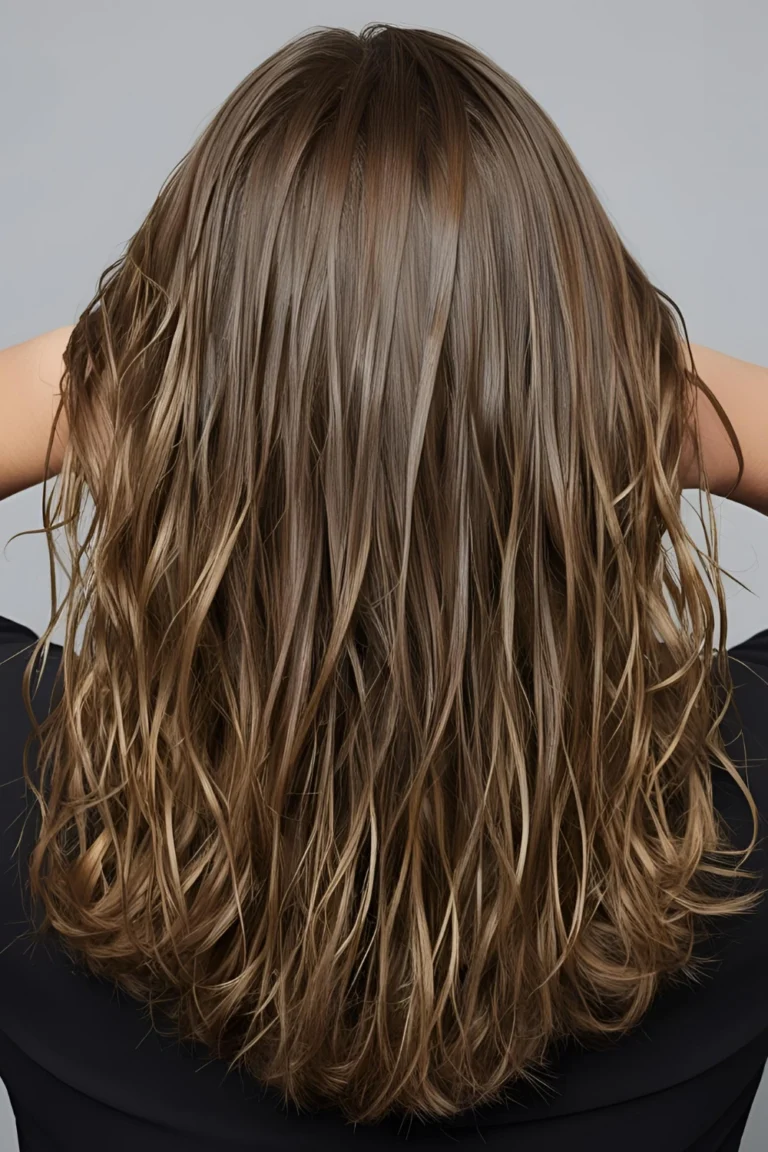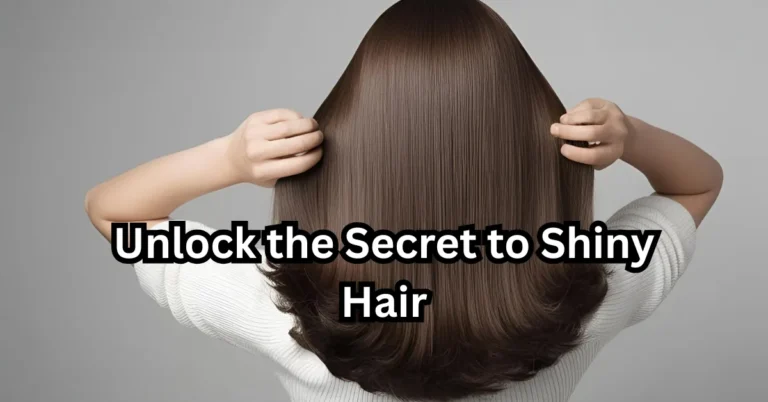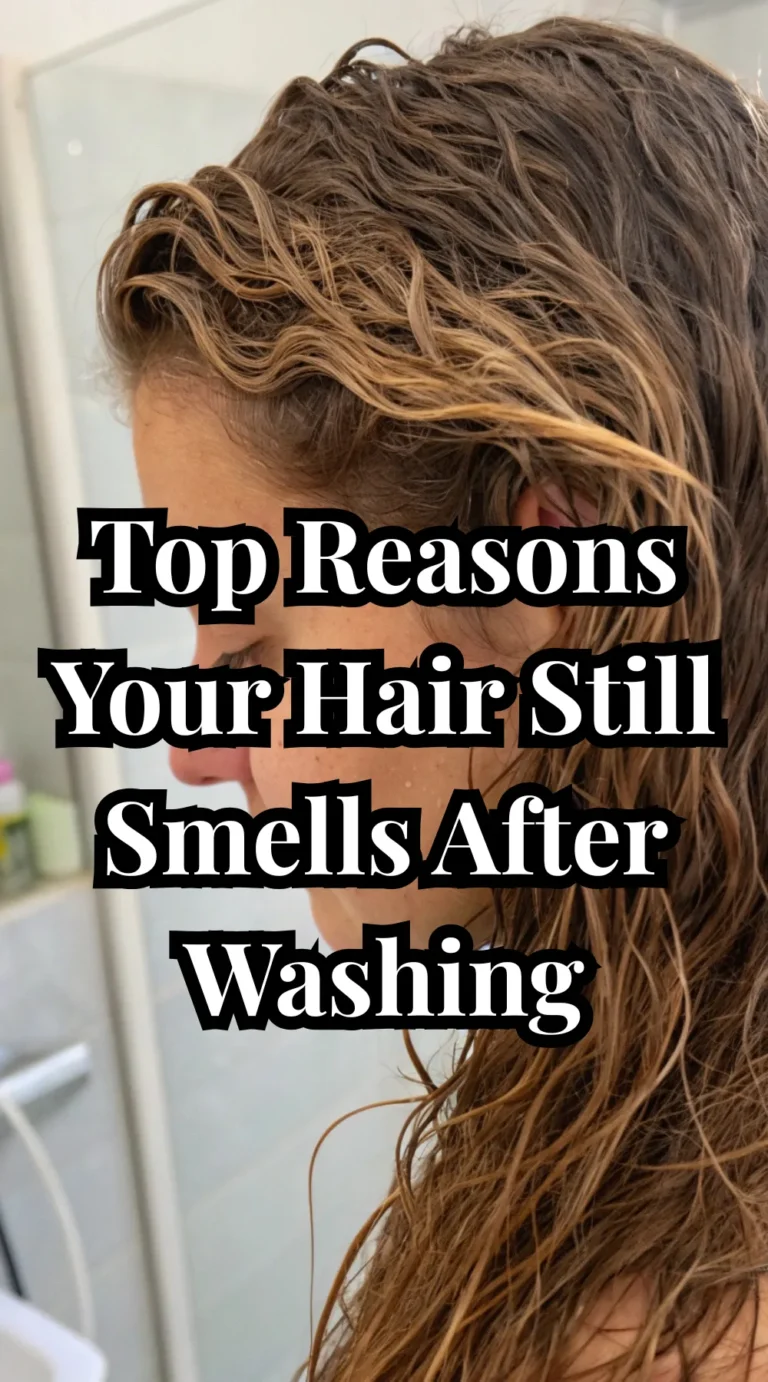Excessive Hair Shedding? Here’s What Might Be Going On and How to Fix It
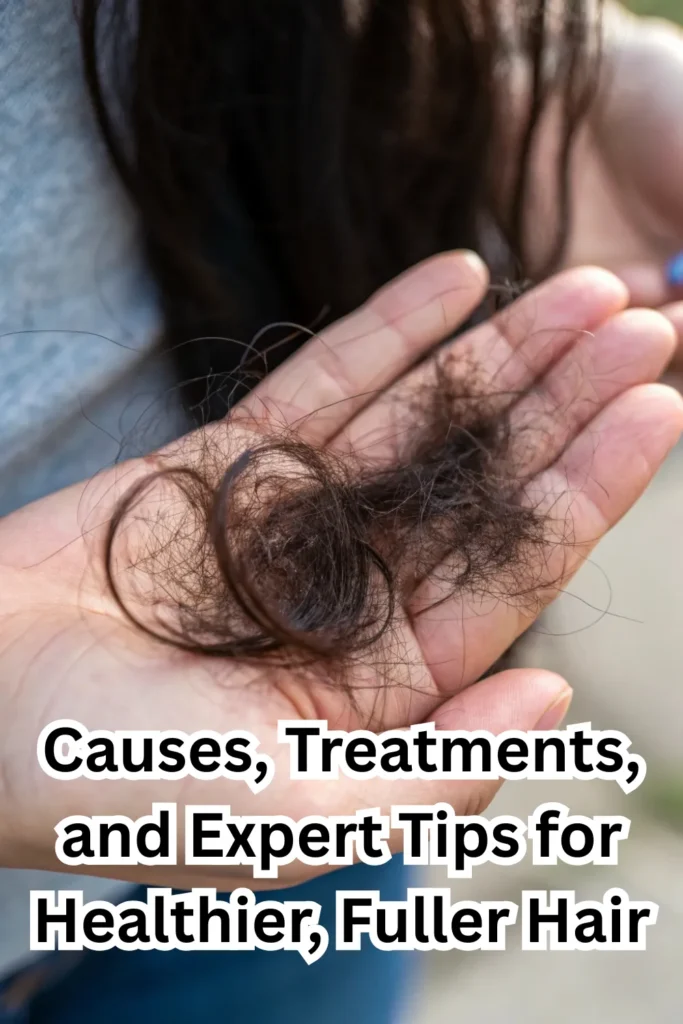
Causes, Treatments, and Expert Tips for Healthier, Fuller Hair
Noticing more hair strands on your pillow, shower drain, or hairbrush? While it is normal to shed up to 100 hairs per day, excessive hair loss can be alarming and distressing. Various factors, from temporary bodily changes to underlying health conditions, can contribute to hair shedding. The good news is that many causes of hair shedding can be managed with the right approach.
This in-depth guide will explore the common reasons behind excessive hair shedding and provide practical solutions to help you restore thicker, healthier hair.
Common Causes of Excessive Hair Shedding
Understanding the cause of hair shedding is the first step toward finding an effective solution.
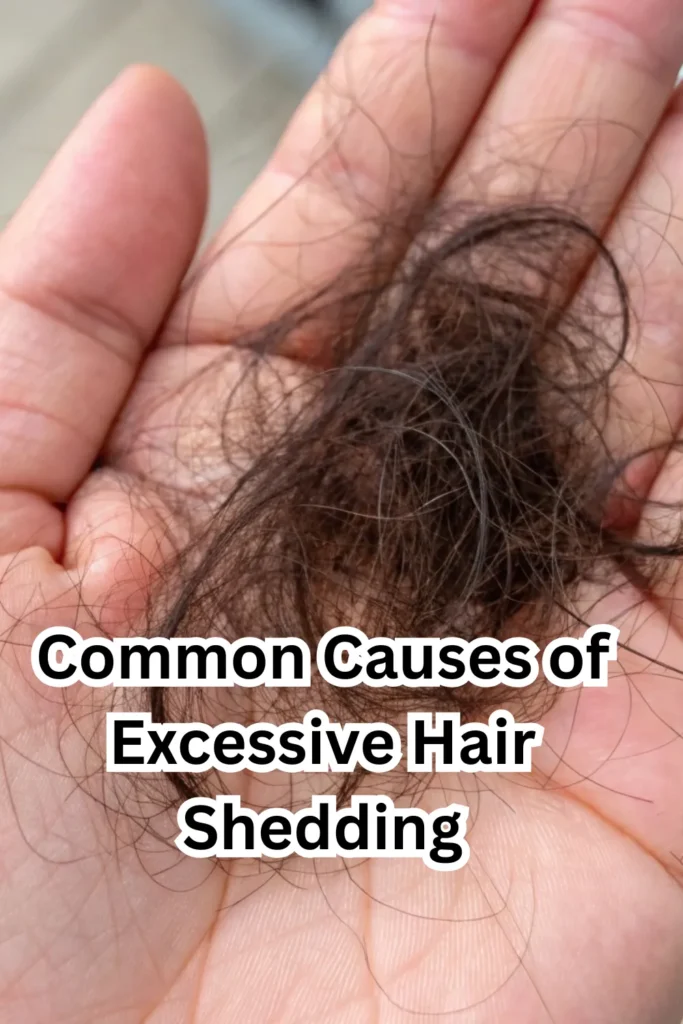
1. Stress and Emotional Turmoil
Stress does not just affect your mental well-being—it can also impact your hair.
How Stress Affects Hair Shedding
When your body experiences high levels of emotional or physical stress, it can trigger a condition called telogen effluvium. This condition causes hair follicles to enter the resting phase prematurely, leading to noticeable hair shedding a few months after a stressful event.
What You Can Do:
✔️ Practice stress-management techniques such as yoga, meditation, or deep breathing.
✔️ Exercise regularly to reduce cortisol levels and improve circulation.
✔️ Seek professional counseling if emotional distress persists.
2. Hormonal Imbalances
Fluctuations in hormones can directly impact hair health and shedding patterns.
Common Triggers of Hormonal Hair Loss:
- Pregnancy and postpartum changes – Hair loss is common after childbirth due to hormonal shifts.
- Menopause – Estrogen levels decrease, leading to thinning hair.
- Thyroid disorders – Both hypothyroidism and hyperthyroidism can cause excessive shedding.
What You Can Do:
✔️ Consult a doctor for proper hormonal assessment and treatment.
✔️ Eat a balanced diet rich in vitamins and minerals to support hormone health.
✔️ Consider hormone replacement therapy (HRT) if recommended by a healthcare professional.
3. Poor Diet and Nutritional Deficiencies
Your hair needs the right nutrients to grow strong and resilient.
Key Nutrients for Hair Health:
- Iron – Helps carry oxygen to hair follicles.
- Zinc – Supports hair growth and repair.
- Biotin – Promotes thicker, healthier strands.
- Omega-3 Fatty Acids – Nourishes hair and scalp, preventing dryness.
What You Can Do:
✔️ Incorporate iron-rich foods like spinach, lentils, and lean meats into your diet.
✔️ Take a multivitamin if advised by your doctor.
✔️ Avoid crash diets, which can deprive your body of essential nutrients.
4. Hair Care Practices That Lead to Shedding
Your daily hair care routine may unknowingly be contributing to hair loss.
Common Culprits:
- Overwashing or using harsh shampoos that strip the scalp of natural oils.
- Frequent heat styling that weakens the hair shaft.
- Rough towel drying, which causes friction and breakage.
- Tight hairstyles like ponytails and braids create tension on the scalp.
What You Can Do:
✔️ Use sulfate-free, gentle shampoos and hydrating conditioners.
✔️ Limit heat styling and always use a heat protectant.
✔️ Choose loose hairstyles to avoid excessive tension on the scalp.
5. Scalp Conditions
A healthy scalp is essential for strong, healthy hair growth.
Common Scalp Issues That Cause Hair Shedding:
- Dandruff and flakiness – This can lead to irritation and hair loss.
- Fungal infections – Scalp infections like ringworm can weaken hair strands.
- Seborrheic dermatitis – Excessive oil production and inflammation can cause shedding.
What You Can Do:
✔️ Use medicated shampoos with antifungal or anti-inflammatory properties.
✔️ Keep your scalp clean and hydrated with natural oils like tea tree or coconut oil.
✔️ Consult a dermatologist for persistent scalp issues.
6. Genetic Hair Loss
Hair loss may be hereditary, especially in cases of androgenetic alopecia (male and female pattern baldness).
What You Can Do:
✔️ Try Minoxidil (Rogaine), an FDA-approved treatment for genetic hair loss.
✔️ Consult a dermatologist about advanced treatments like PRP therapy or hair transplants.
7. Seasonal Hair Shedding
Shedding can naturally increase during certain times of the year.
Why This Happens:
- Hair may shed more in fall and spring due to changes in daylight and temperature.
What You Can Do:
✔️ Stick to a consistent hair care routine year-round.
✔️ Protect your hair from extreme weather conditions like excessive sun exposure or cold winds.
8. Medications and Medical Treatments
Certain medications can trigger hair shedding as a side effect.
Common Medications That May Cause Hair Loss:
- Blood pressure medications
- Chemotherapy drugs
- Antidepressants
- Birth control pills
What You Can Do:
✔️ Discuss side effects with your doctor if you suspect your medication is causing hair loss.
✔️ Never stop prescribed medications without consulting a healthcare professional.
Proven Solutions to Reduce Hair Shedding
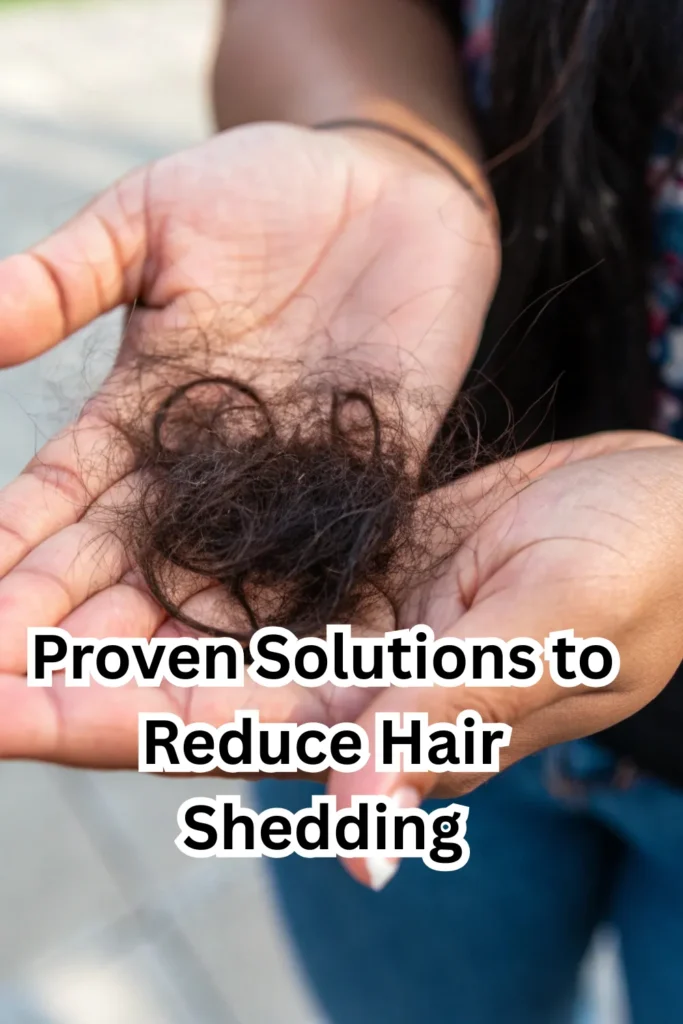
1. Scalp Massages
Massaging your scalp stimulates blood circulation and encourages hair growth.
How to Do It:
- Use gentle circular motions with your fingertips.
- Apply natural oils like coconut, castor, or argan oil for added nourishment.
2. Maintain a Balanced Diet
A nutrient-rich diet can help strengthen hair from the inside out.
Foods to Include:
- Lean proteins – Chicken, fish, eggs.
- Leafy greens – Spinach, kale, broccoli.
- Nuts and seeds – Walnuts, flaxseeds, sunflower seeds.
- Fresh fruits – Berries, oranges, avocados.
3. Switch to Gentle Hair Products
Harsh chemicals can weaken hair strands over time.
What to Look For:
- Sulfate-free shampoos that cleanse without stripping natural oils.
- Strengthening conditioners with keratin to repair damage.
- Natural ingredients like aloe vera and tea tree oil for scalp health.
4. Avoid Over-Washing
Washing hair too often can strip it of essential oils.
Tips:
- Wash your hair 2-3 times a week, depending on your hair type.
- Use dry shampoo to refresh hair between washes.
5. Stay Hydrated
Proper hydration supports scalp health and hair growth.
Tips:
- Drink at least 8 glasses of water daily.
- Eat hydrating foods like cucumbers, watermelon, and leafy greens.
Embrace Healthier Hair with Consistent Care
Excessive hair shedding can be distressing, but identifying the cause and making the right changes can help restore healthier, stronger locks.
By maintaining a balanced diet, using gentle hair care products, and adopting healthy scalp habits, you can minimize hair loss and promote fuller, more resilient hair.
Now is the time to prioritize your hair health—treat it with care, protect it from damage, and watch it thrive with renewed strength and vitality. Your hair deserves the best, and so do you!


